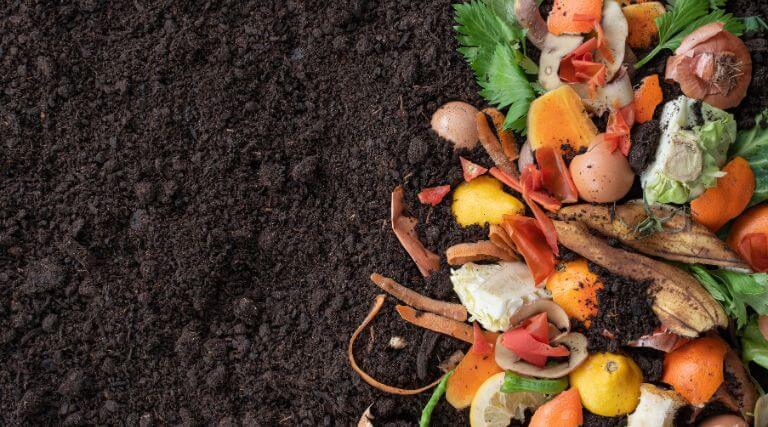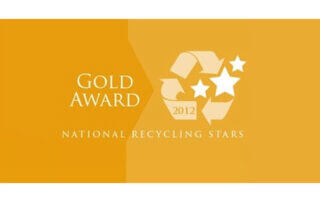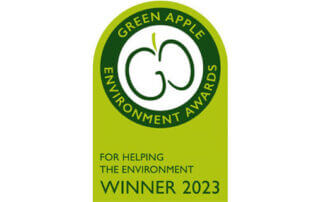
Recycling organic waste plays a vital role in reducing landfill usage, lowering greenhouse gas emissions, and creating valuable resources. Whether it’s food scraps, garden waste, or agricultural by-products, the recycling process transforms what would otherwise rot into landfill into a range of sustainable products. Let’s delve into the journey organic waste takes from your kitchen or garden to its eventual reuse.
What is Organic Waste?
Organic waste refers to materials derived from plants or animals that are biodegradable. Common examples include:
- Food scraps, such as fruit and vegetable peelings, eggshells, and coffee grounds.
- Garden waste, including grass clippings, leaves, and small branches.
- Agricultural waste, such as crop residues.
This type of waste is rich in nutrients, making it perfect for composting or creating bioenergy.
Step 1: Collection of Organic Waste
The first stage of recycling organic waste involves its collection. Households, businesses, and industries play a crucial role by separating organic materials from general waste. In many cases, local councils or waste management companies provide dedicated bins or skips for organic materials. Proper segregation ensures that contaminants such as plastics and metals don’t disrupt the recycling process.
If you’re disposing of large volumes of organic waste, hiring a dedicated skip can make the process hassle-free.
Step 2: Transportation to Recycling Facilities
Once collected, organic waste is transported to a specialised recycling facility. These facilities are equipped to handle large quantities of biodegradable material, ensuring it is processed efficiently and sustainably.
Step 3: Sorting and Pre-Treatment
At the facility, the waste is sorted to remove any non-organic materials. Contamination, such as plastic bags or packaging, is separated to avoid issues during the recycling process. Some facilities use advanced machinery to detect and eliminate unwanted items, while others rely on manual sorting.
After sorting, the waste may be shredded into smaller pieces to accelerate decomposition and create a uniform material for further processing.
Step 4: Composting or Anaerobic Digestion
Composting
Composting is one of the most common methods for recycling organic waste. The shredded waste is piled into large heaps or placed in specially designed containers where it undergoes controlled aerobic decomposition. Microorganisms break down the organic matter, generating heat that kills harmful pathogens.
Over time, the waste transforms into nutrient-rich compost, which can be used to improve soil quality in gardens, farms, and landscaping projects. Composting is highly efficient and produces minimal waste, with any leftovers often reintroduced into the process.
Anaerobic Digestion
For waste unsuitable for composting, anaerobic digestion is a popular alternative. This process involves placing organic waste in sealed tanks where it is broken down by microorganisms in the absence of oxygen. The decomposition process produces two valuable outputs:
- Biogas: A renewable energy source used to generate electricity, heat, or even fuel vehicles.
- Digestate: A nutrient-rich by-product that can be used as fertiliser.
Anaerobic digestion not only reduces organic waste but also contributes to sustainable energy production.
Step 5: Utilising the End Products
The final step in recycling organic waste is putting the outputs to good use:
- Compost: Enriches soil, promotes plant growth, and reduces the need for chemical fertilisers.
- Biogas: Provides a renewable energy source that can replace fossil fuels.
- Digestate: Acts as a natural fertiliser, returning nutrients to the soil.
By recycling organic waste, we close the loop in the natural cycle, ensuring that waste materials are returned to the earth in a sustainable way.
Why Recycle Organic Waste?
Recycling organic waste benefits the environment and the economy in several ways:
- Reduces landfill waste: Organic materials in landfills produce methane, a potent greenhouse gas. Recycling prevents this harmful emission.
- Improves soil health: Compost and digestate enrich soil, reducing erosion and improving agricultural productivity.
- Supports renewable energy: Biogas is a clean and sustainable energy source.
- Cuts waste disposal costs: Recycling organic waste often costs less than sending it to landfill.
How Can You Contribute?
Recycling organic waste starts with you. Whether you’re a homeowner, business, or organisation, separating and disposing of organic waste responsibly ensures it can be processed effectively.
If you have large amounts of organic waste, such as garden waste or food leftovers, hiring a skip is a convenient and eco-friendly solution.
Contact Us Today
At Cheap Skip Hire Prices, we make recycling organic waste simple and accessible. Whether you’re looking to clear garden waste, manage a large event, or dispose of food waste responsibly, we’re here to help.
📞 Call us on 01442 229 029
💻 Book Online
Join us in reducing waste, protecting the environment, and making recycling part of everyday life. Let’s work together for a greener tomorrow!
about our business

Waste King is your go-to provider for all your rubbish clearance and skip hire needs.









